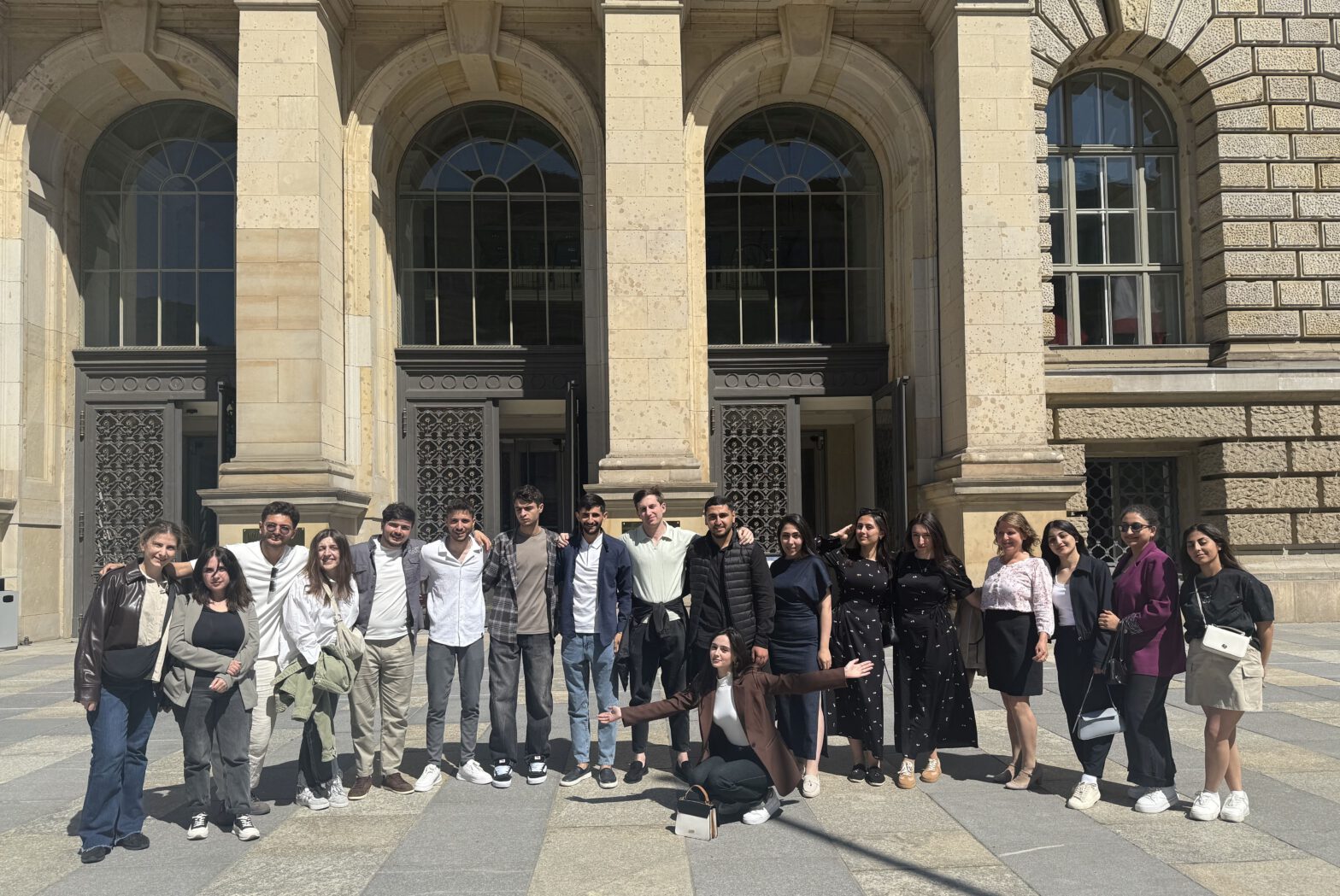The group consisted of 15 project participants living in Georgia — ethnically Armenian, Azerbaijani, and Georgian — and visited Berlin from May 18 to 25.
| “This visit didn’t just give me professional inspiration — it reminded me of who I am, what I love, and what kind of world I want to help create.” – Armen Manukyan, participant |
The program included visits to the SPI Foundation and NAJU, an exchange with the Study Foundation of the Berlin House of Representatives, a presentation of the Youth Employment Agency at the Merian School in Köpenick, as well as a visit to the Helmholtz Gymnasium in Potsdam, where the project participants were introduced to the Model European Parliament. The visit program was rounded off with a visit to the Bölscheclub children and youth center in Friedrichshagen and the Berlin Wall Memorial at Bernauer Straße.
A very special highlight was the group’s exchange with the contact persons from the Federal Foreign Office and Team 1-1 ÖPR of the Federal Office for Foreign Affairs, responsible for the program to strengthen cooperation with civil society in the countries of the Eastern Partnership and Russia (ÖPR program). Without their support, professionalism, and, of course, the funding provided by the Federal Foreign Office, the project “Empowering Minority Youth by Supporting Their Communities” — carried out in cooperation with the Georgian NGO DEP and the Rönne Foundation — would not have become a reality. Our very special thanks for that!
The group included four students of International Relations, two students of English Studies, two programmers, one law student, one economics student, and one journalism student and the three DEP project coordinators.
The participant’s interests were focused on the German education system, the governmental organization and implementation of education policy, the work of youth centers and educational institutions, youth participation, the right to vote for youngsters from the age of 16, the use of AI in schools, and the overall implementation of human and youth rights.
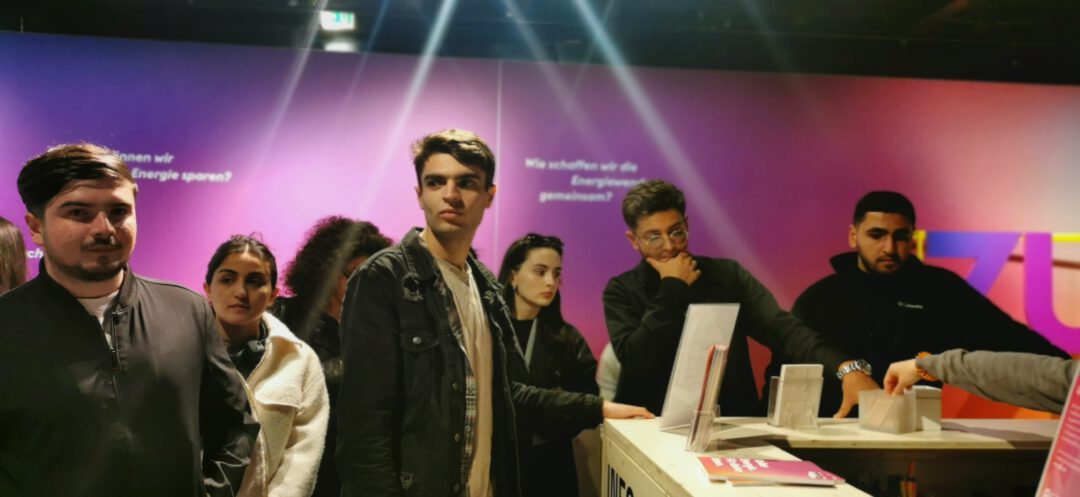
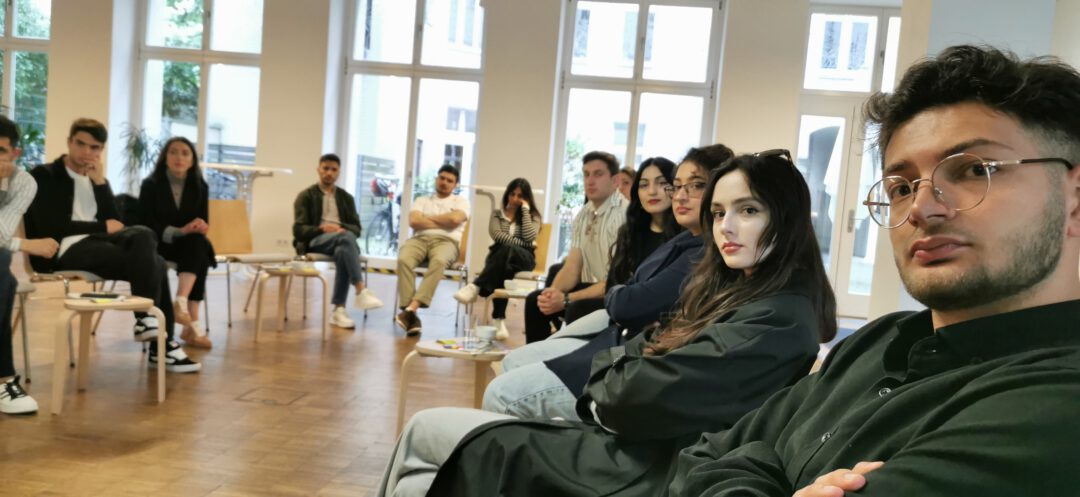
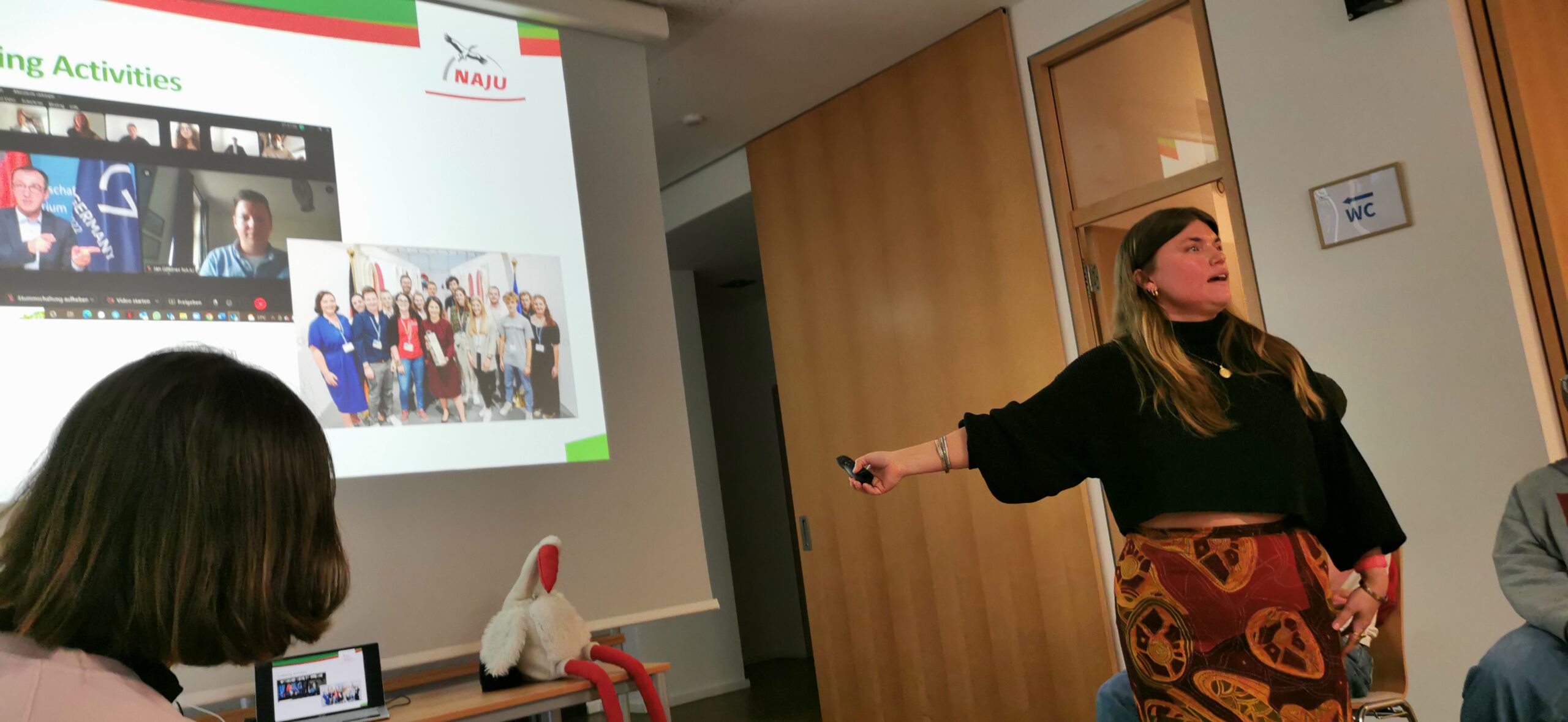
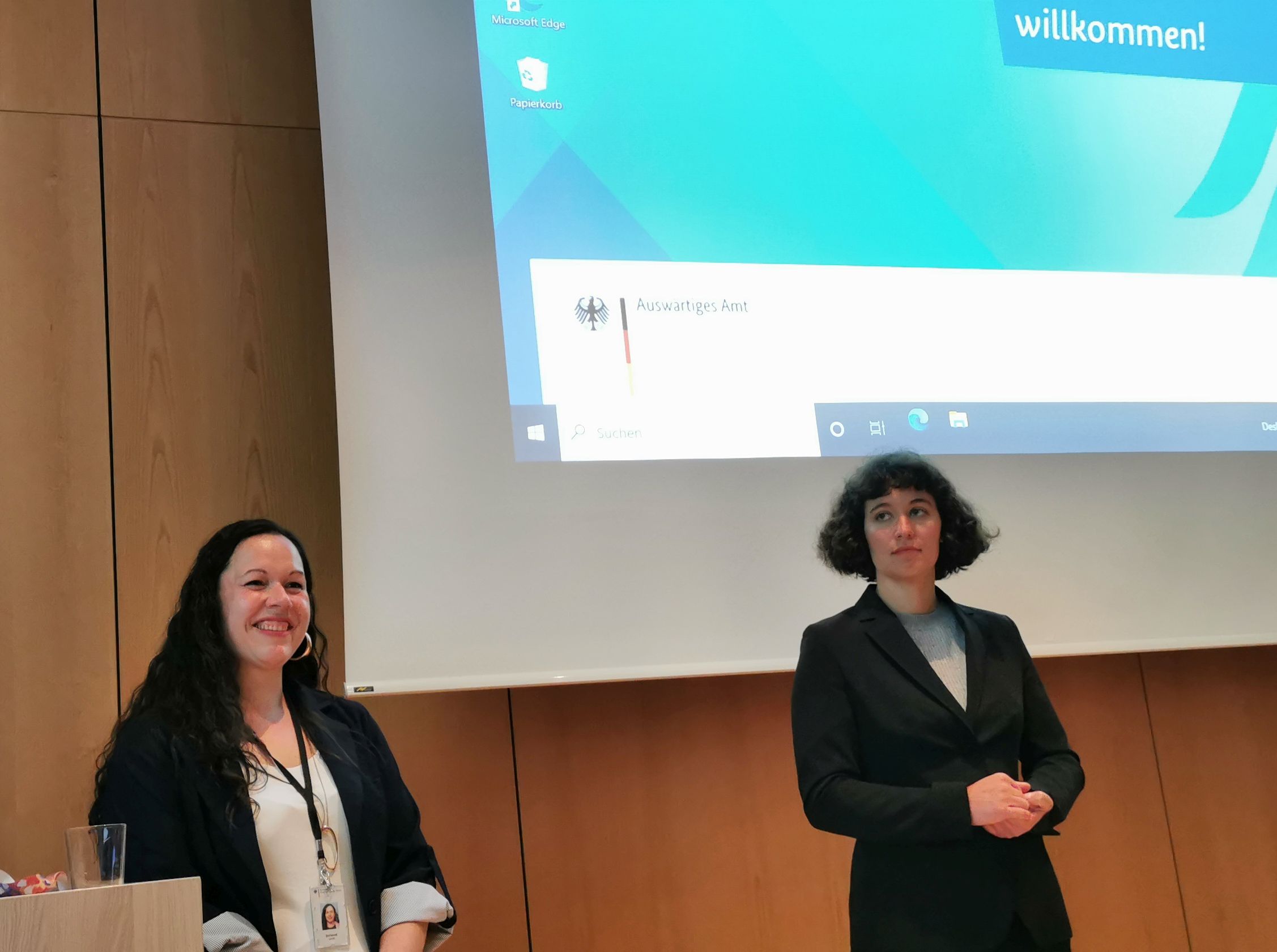
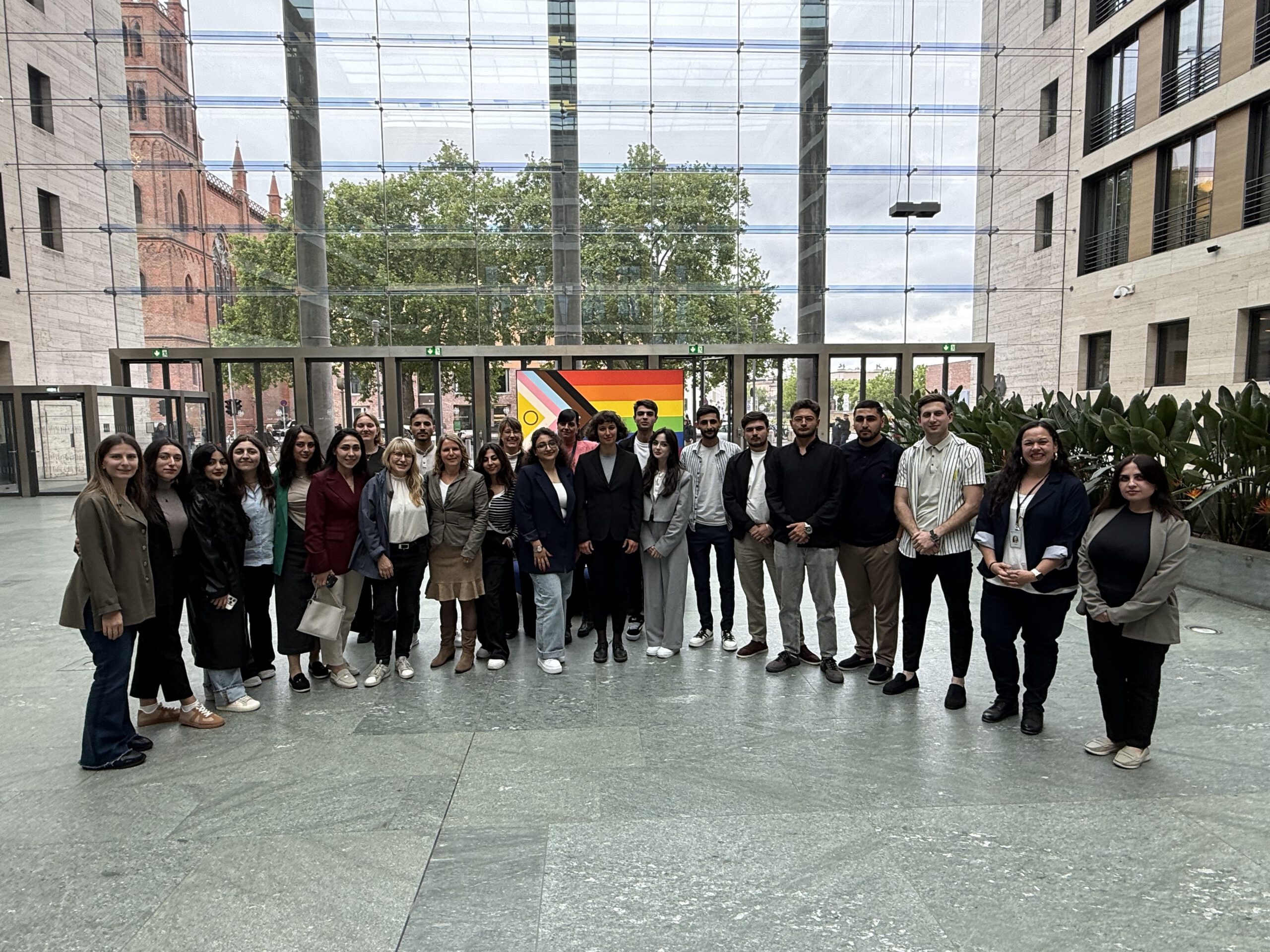
Middle left: Tatjana Nagorski, Chairwoman of the Rönne Foundation, and Mareike Steinig, Project Manager.
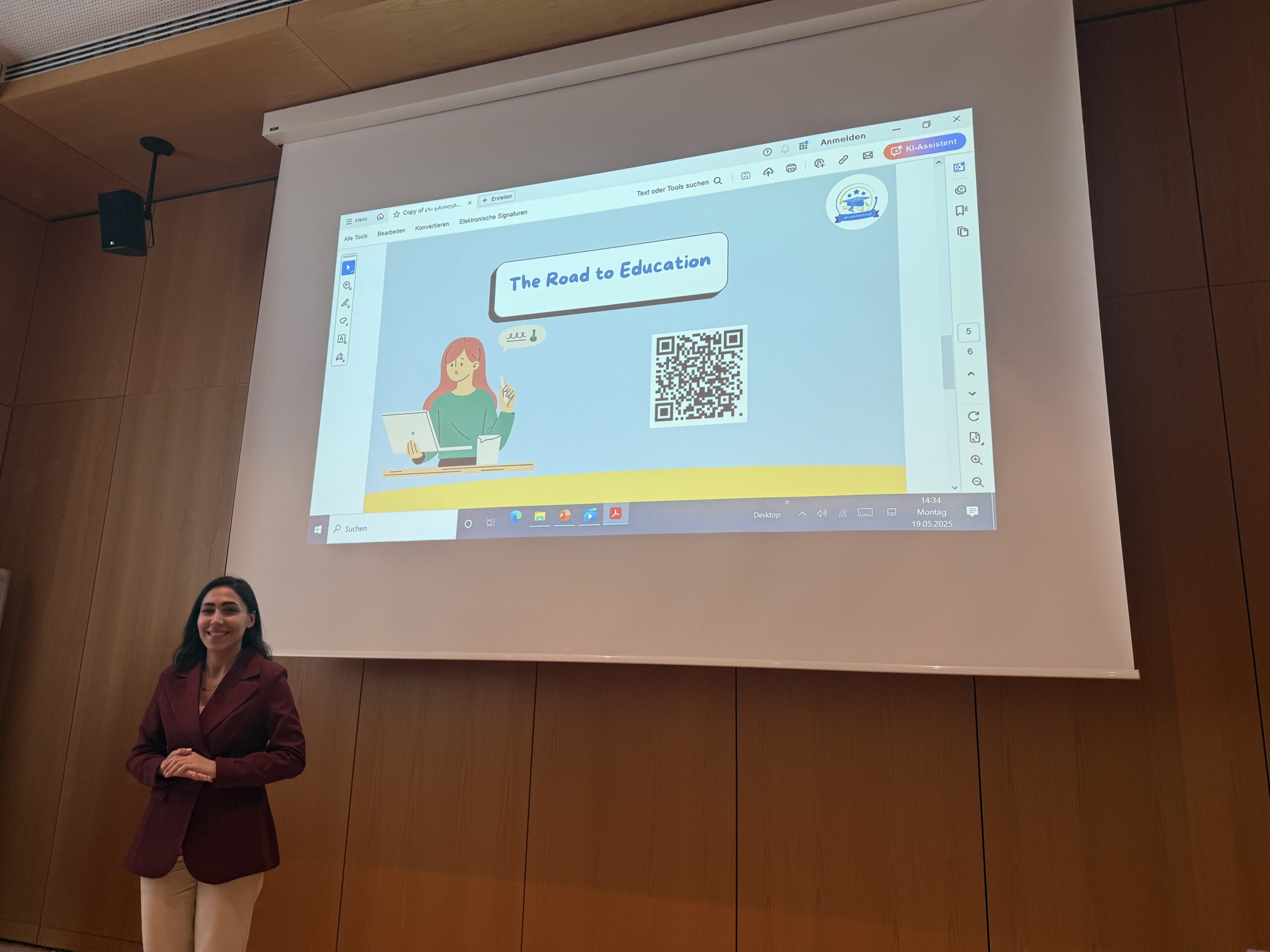
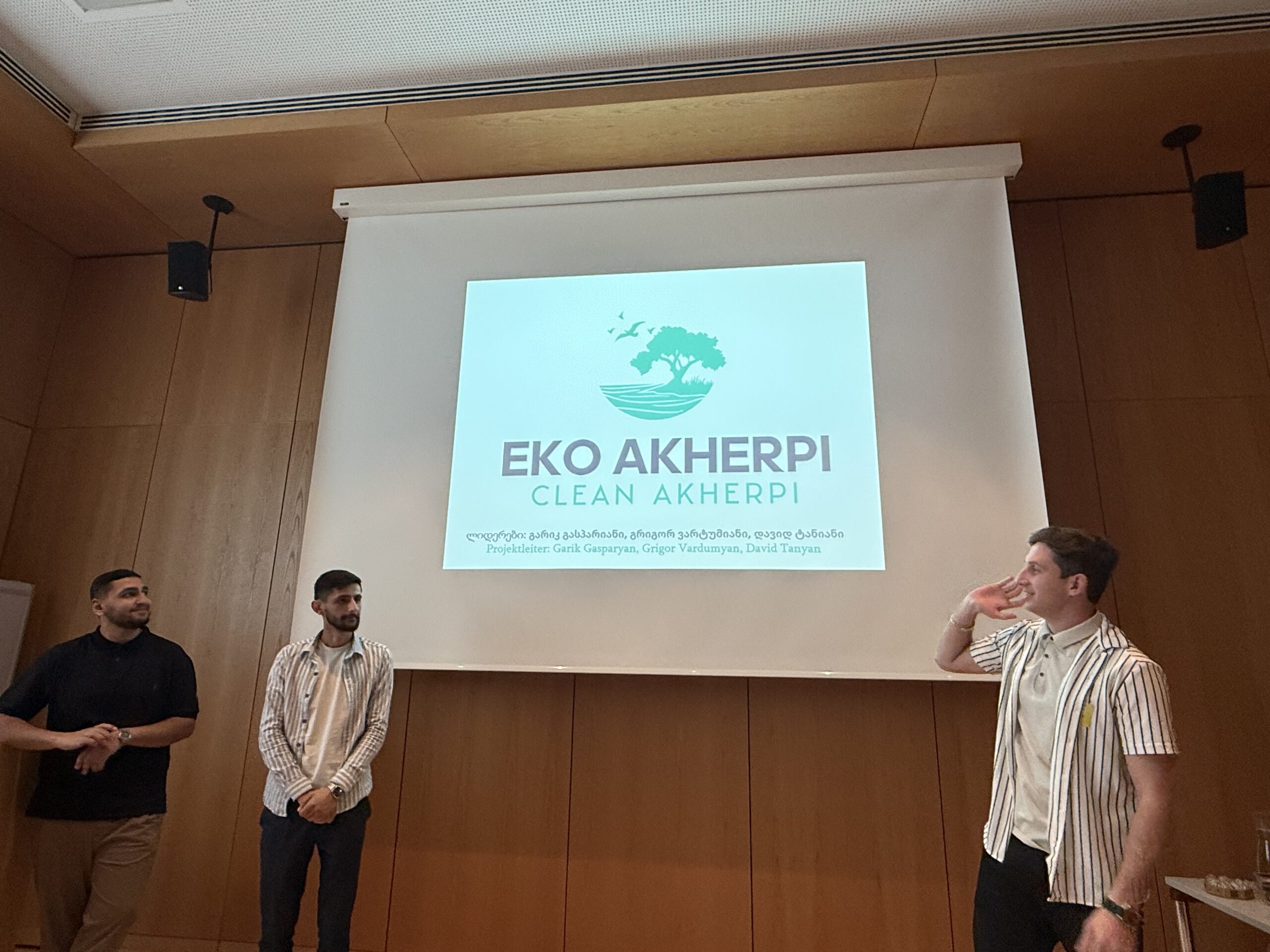
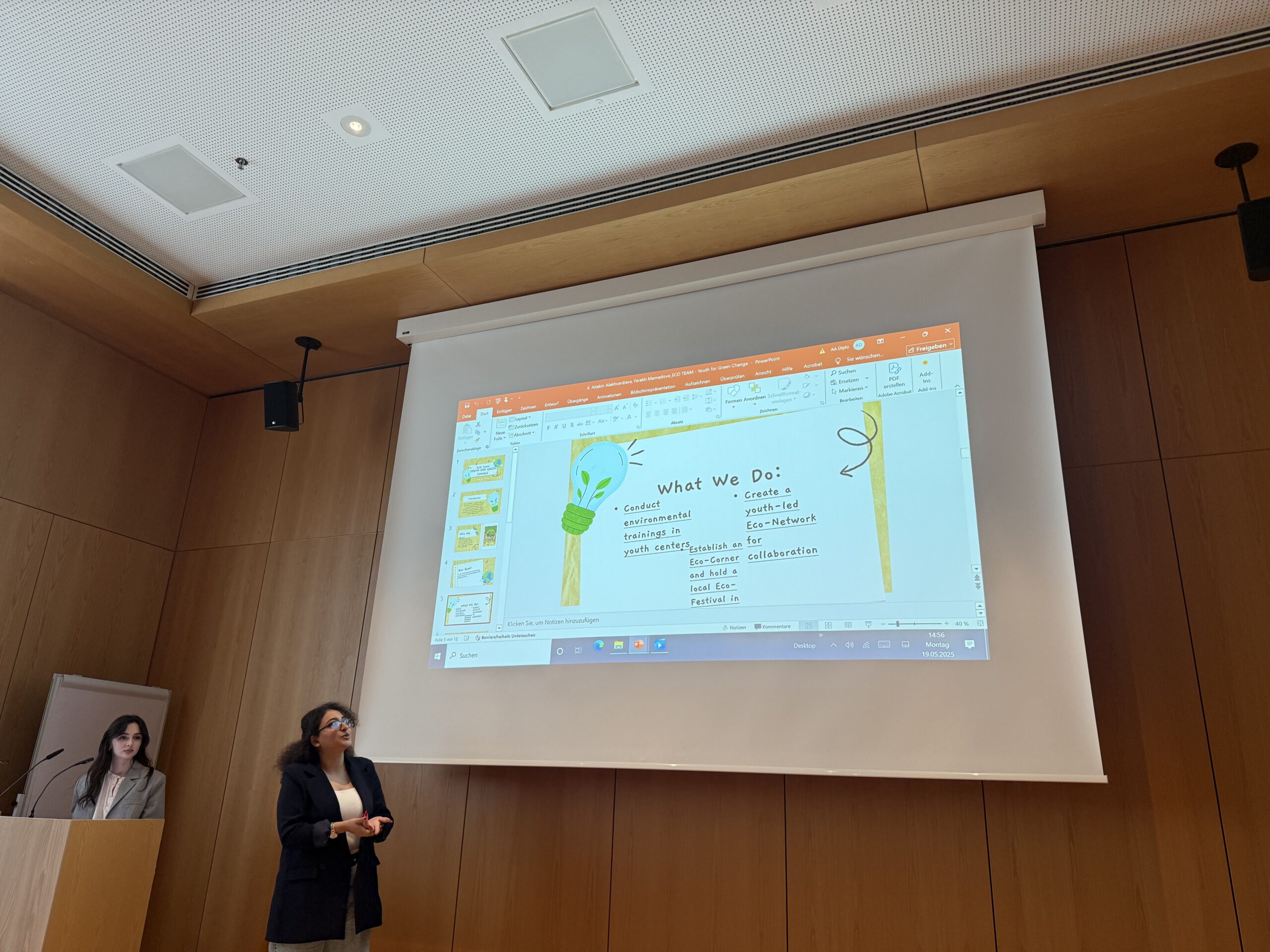
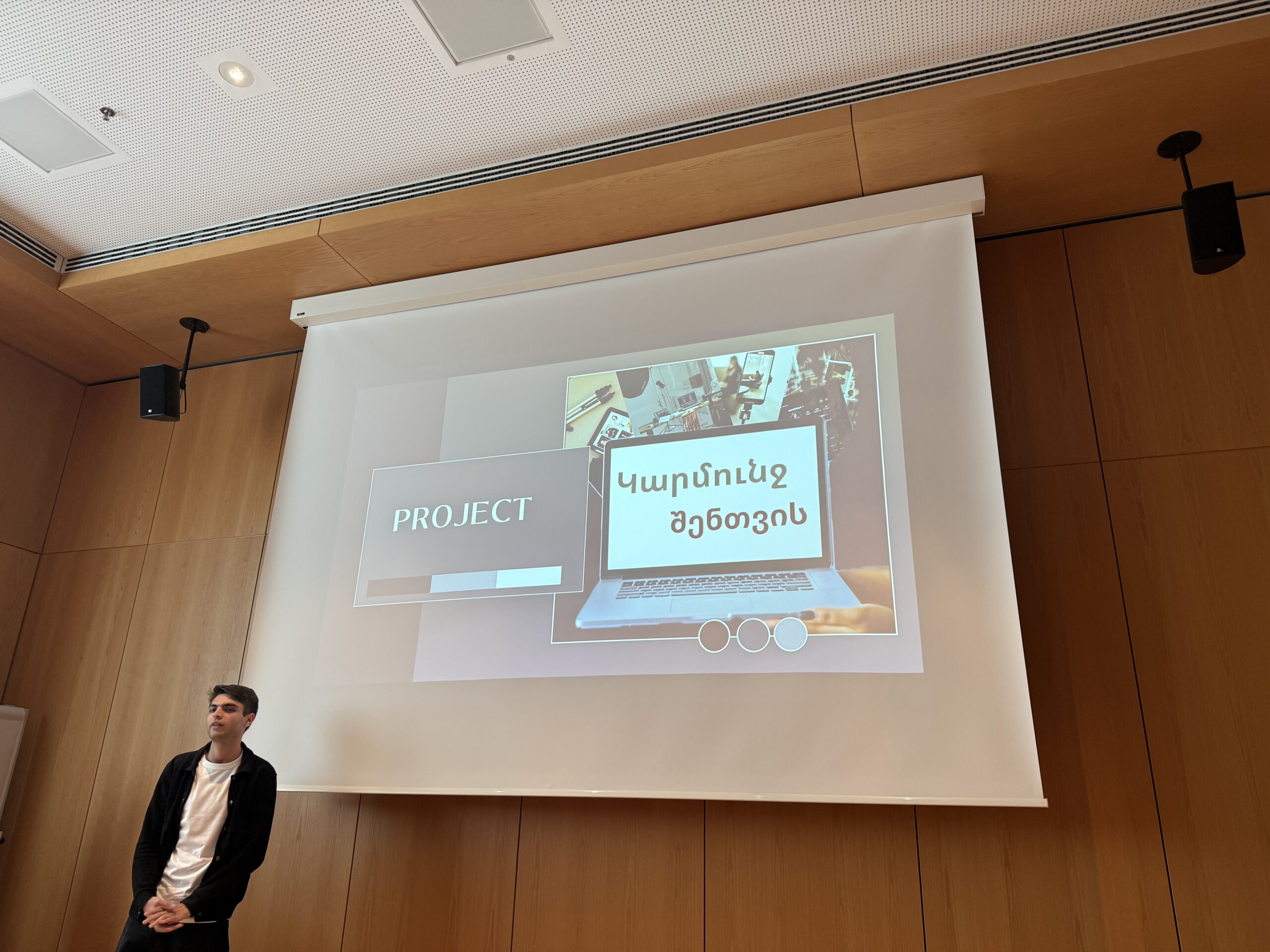
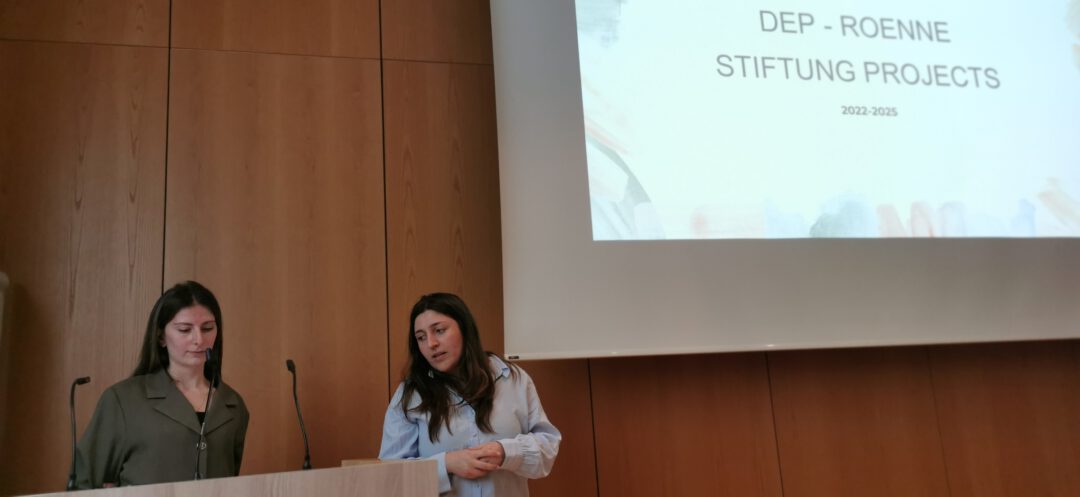
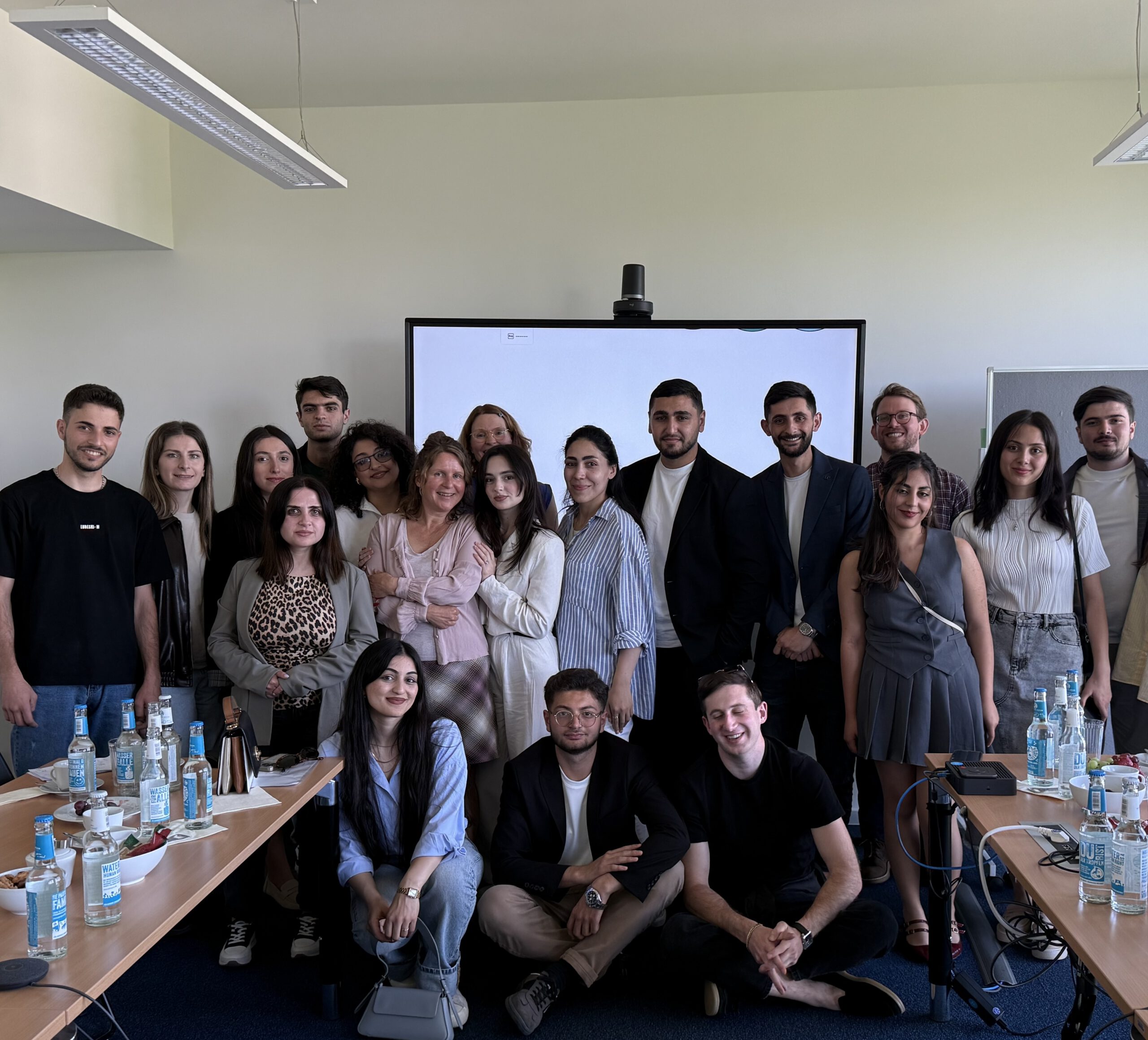
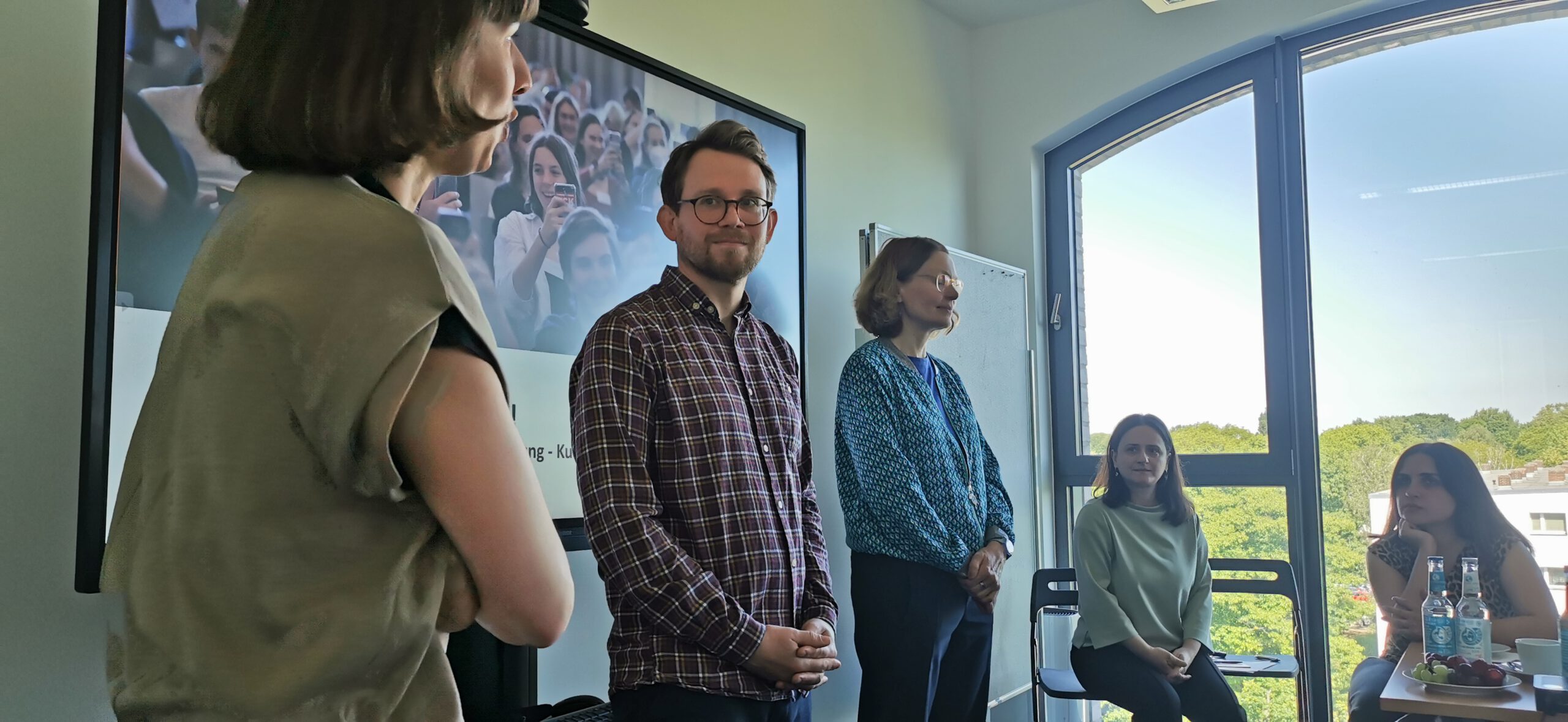
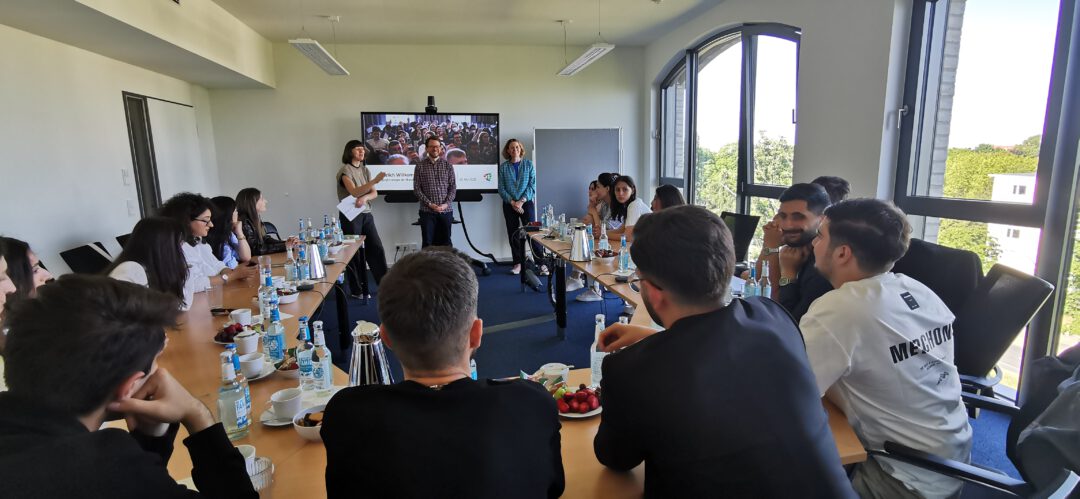
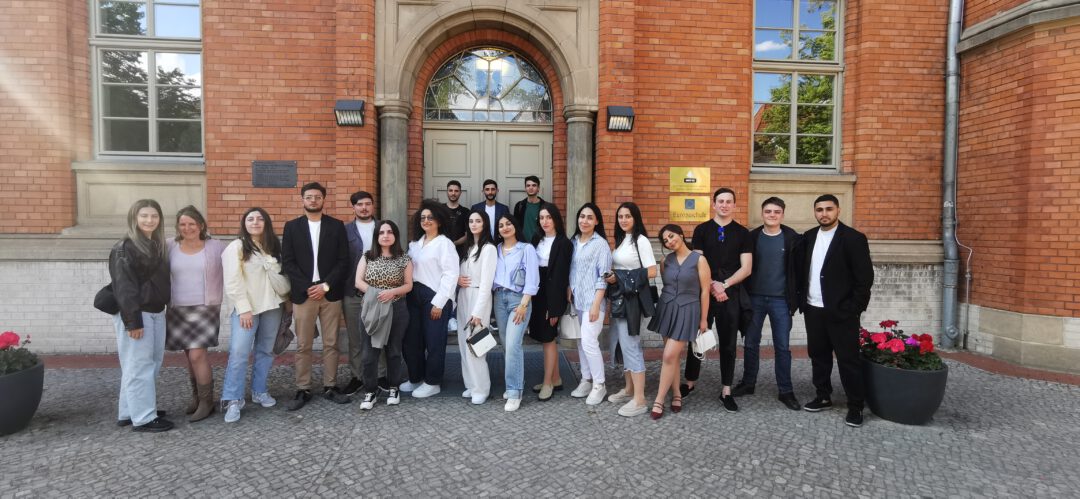
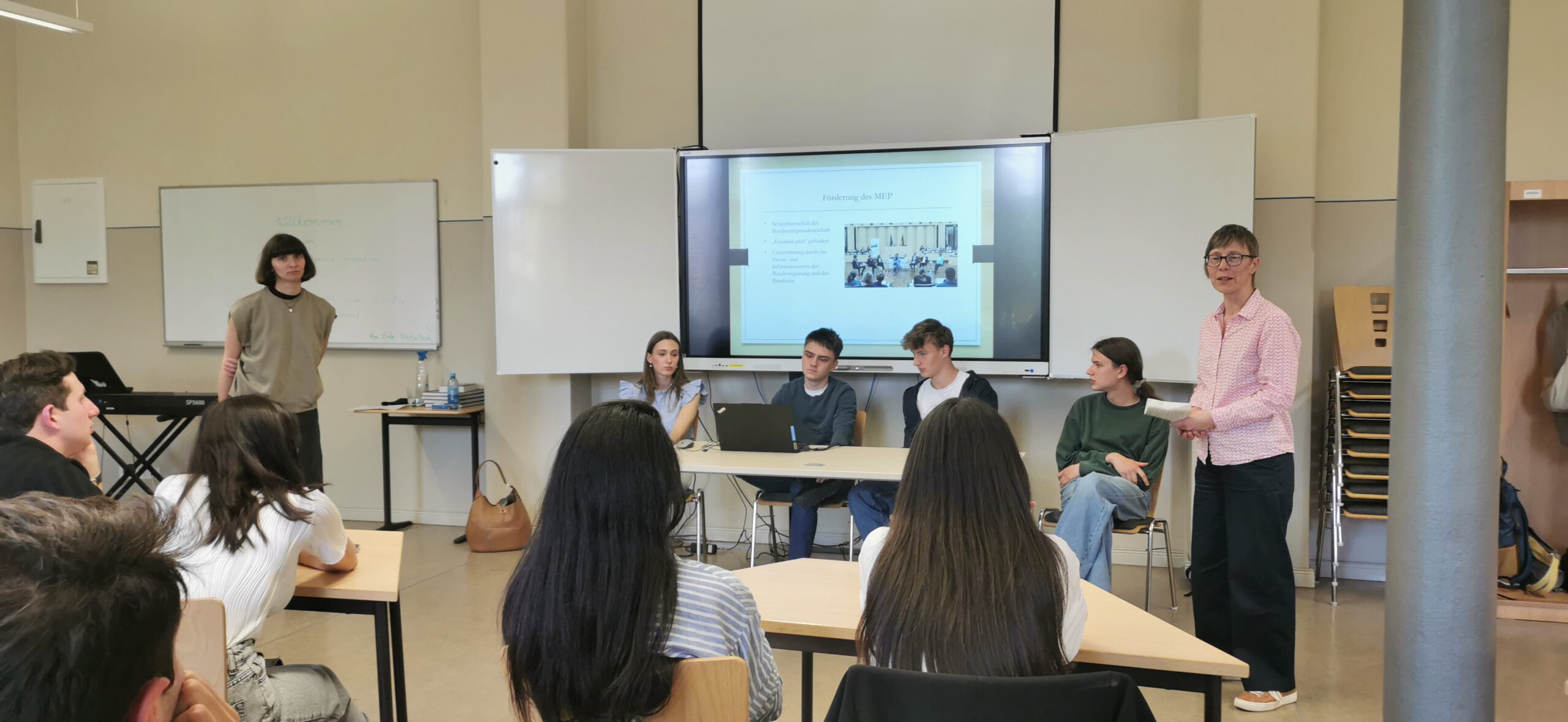
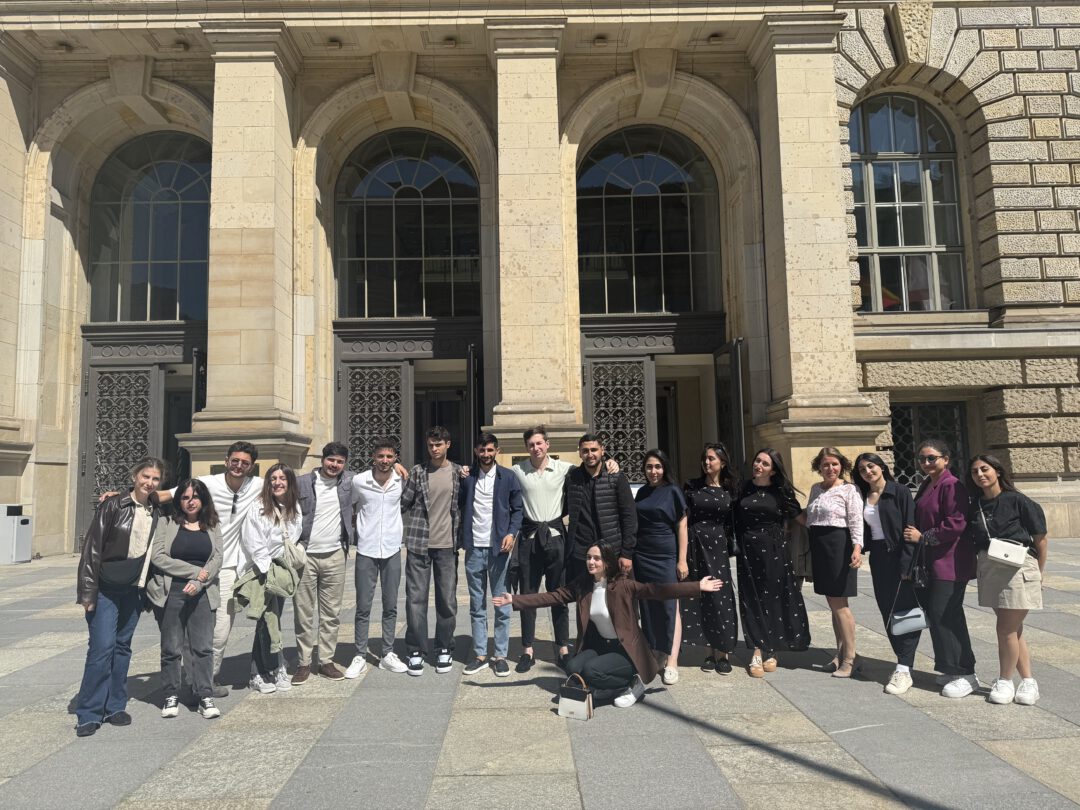
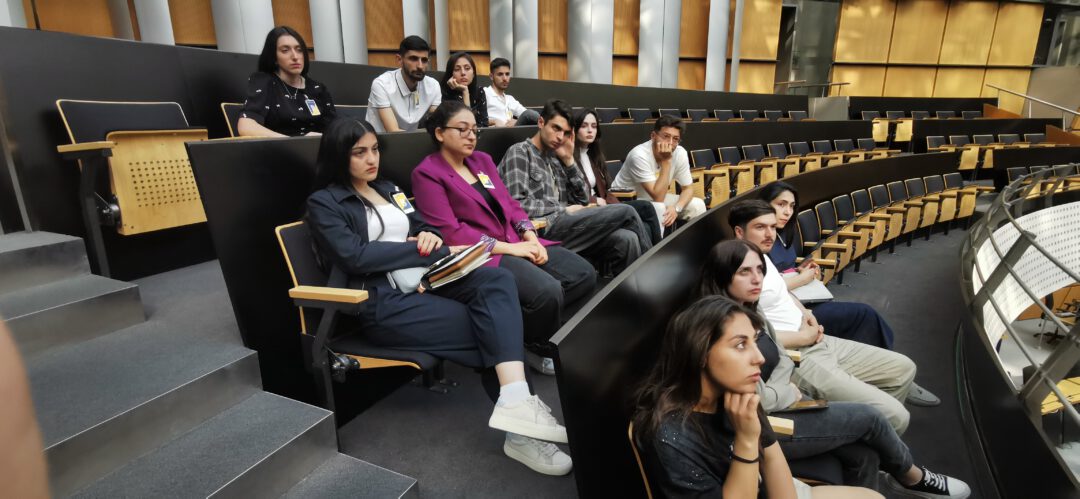
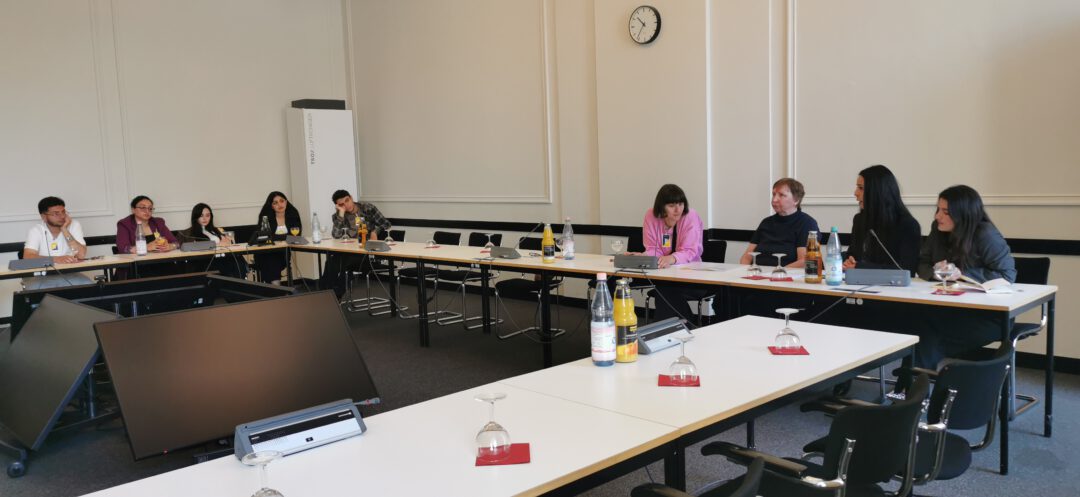
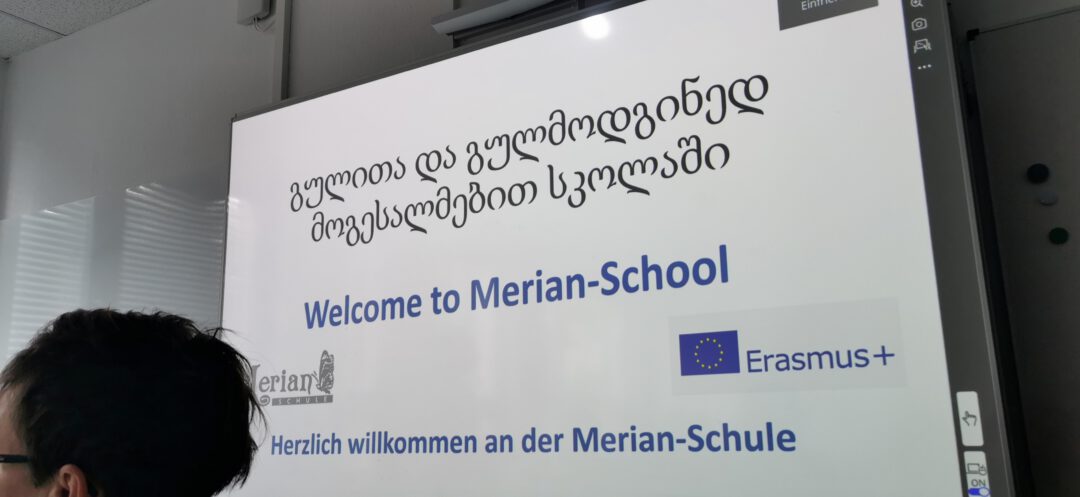
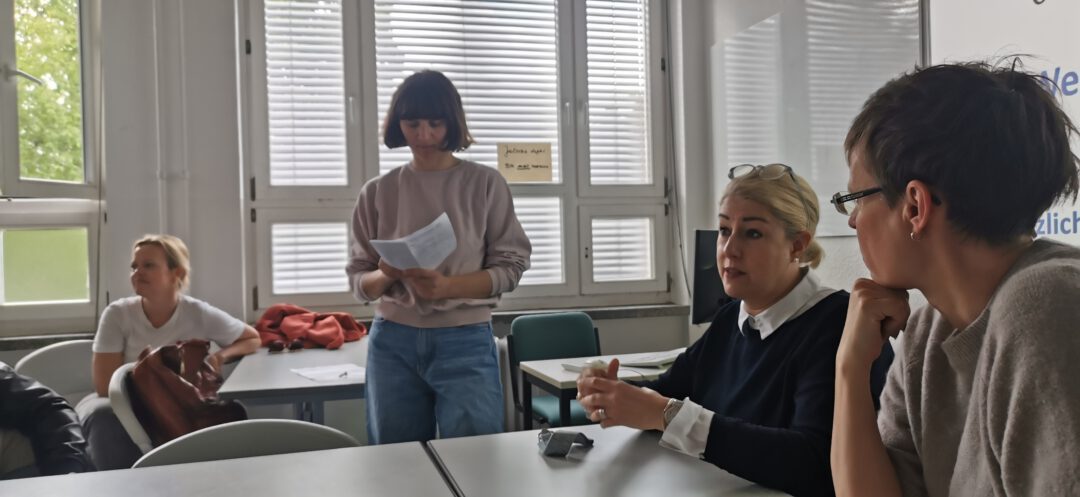
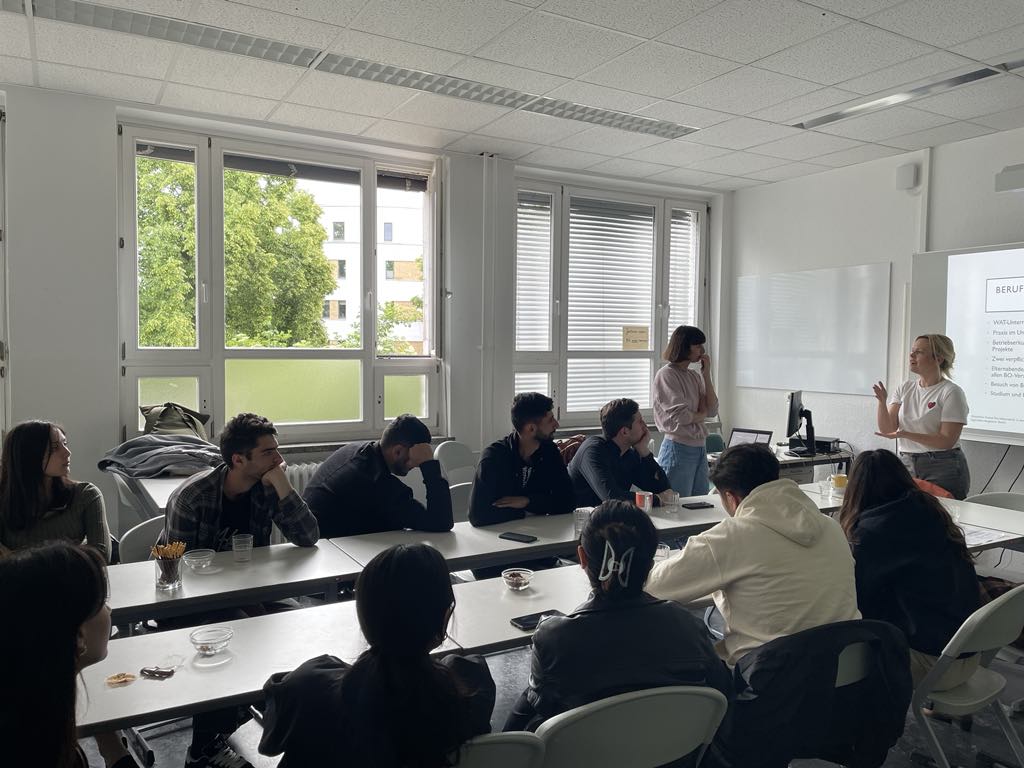
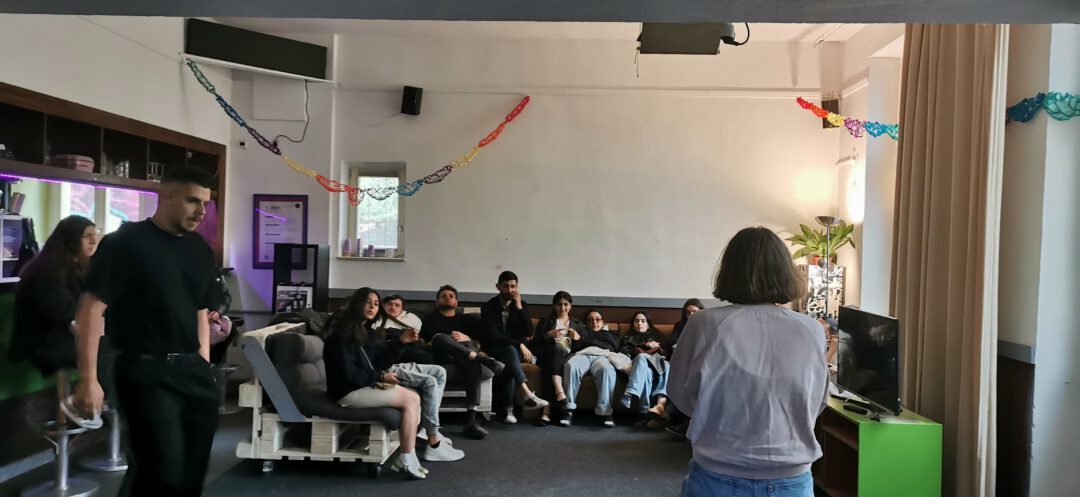
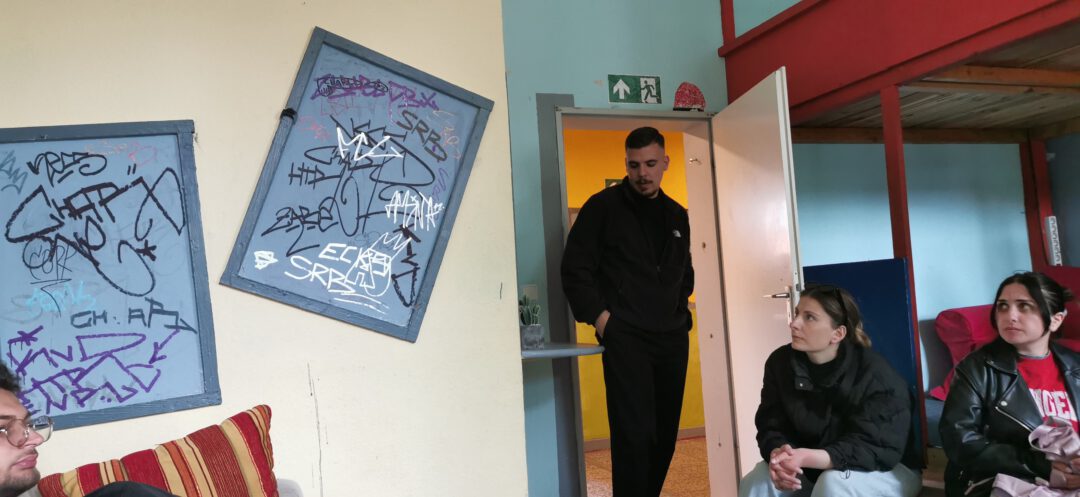
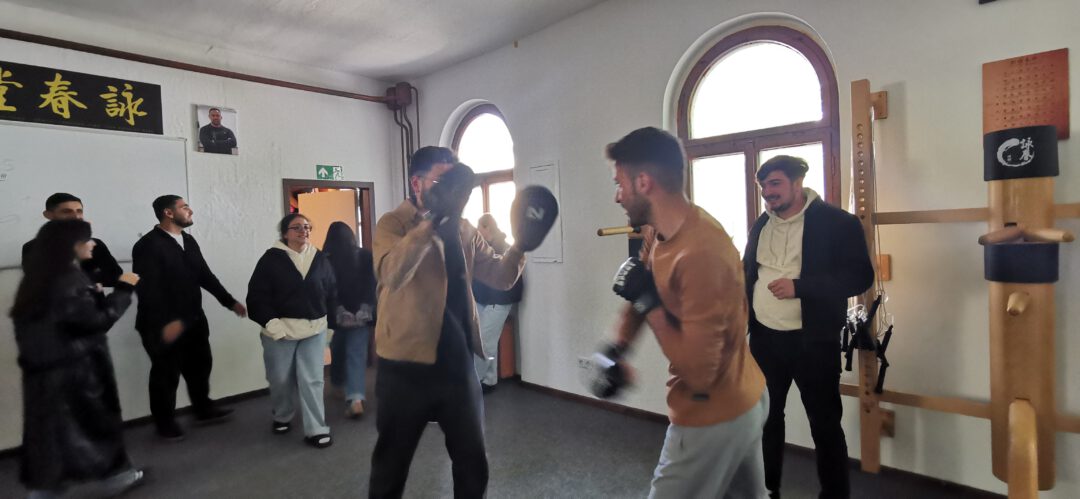
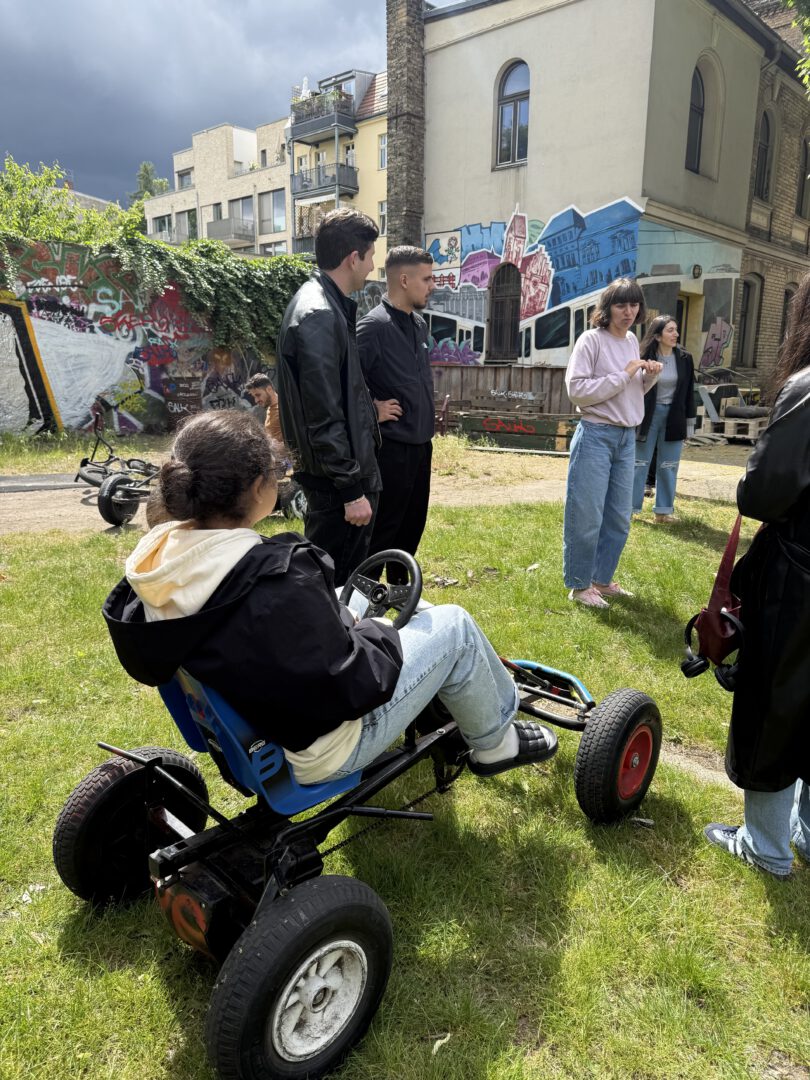
The visit to the SPI Foundation (Social Pedagogical Institute) was the most useful and inspiring for my professional and educational interests. Their work on the National Action Plan for Child and Youth Participation, commissioned by the Federal Ministry for Families, impressed me deeply. The practical strategies they presented for engaging youth in policy making and education gave me concrete ideas that I can adapt in my own teaching and project planning.
David Tanyan
Taguhi Sahakyan
Of all the meetings planned during the visit, the most impressive and beneficial for me were the ones at the Ministry of Foreign Affairs and the Parliament. These meetings motivated me to broaden my perspective, to think about future plans and areas of activity. I believe that the environment around us plays a crucial role; if you are in an environment where there is little to gain, your
motivation weakens. But if you find yourself in a place where everyone strives for success, does great work, and has big goals and achievements, you naturally try to emulate these people in some way. For me, the visit to Berlin meant exactly that. These two meetings gave me a professional stimulus to move forward and contribute more to Georgia’s European future.
Gohar Papoain
All parts of the visit were interesting, but I personally found the discussions about the educational system in Germany the most valuable. I really enjoyed learning about what it’s like to study there, the different education levels, and the opportunities available for international students. I was especially fascinated by our visit to the parliament—it was very engaging to learn how parliamentary debates are conducted.
Armen Manukyan
The visit to the youth center was by far the most inspiring and meaningful part of the whole experience for me. Being in that space, surrounded by energy, creativity, and genuine care from the young people, reminded me why I started working with youth in the first place.
I used to lead youth initiatives across five villages back home, but unfortunately, those programs are closing down now. That’s been difficult to accept. But visiting this youth center, seeing how young people come together, support one another, and build something real for their community — it hit me deeply. It wasn’t just a visit. It was a wake-up call.
I had always thought about starting something like this again, but now I feel it with my whole heart.
This experience gave me the push I needed. It showed me what’s possible when young people are trusted and empowered. I left feeling more motivated than ever to create a safe, inspiring, and active space for youth in my own region. A place where they feel heard, seen, and valued.
This wasn’t just useful for my work — it reconnected me with my purpose.
I understood more clearly how essential it is to connect classroom learning with real-world applications. The German model shows that when education is not isolated from the labor market, students are better prepared and more motivated. I now see vocational education as equally valuable as academic paths, especially when implemented with quality and innovation.
David Tanyan
The project “Empowering Youth Supporting Minority Communities”, project duration: August 1, 2024 – May 31, 2025, was implemented by the NGO Development and Engagement Platform (DEP), based in Tbilisi, in partnership with the Rönne Foundation. It was funded by the Federal Foreign Office within the framework of the program to strengthen cooperation with civil society in the countries of the Eastern Partnership and Russia (ÖPR-programme).

